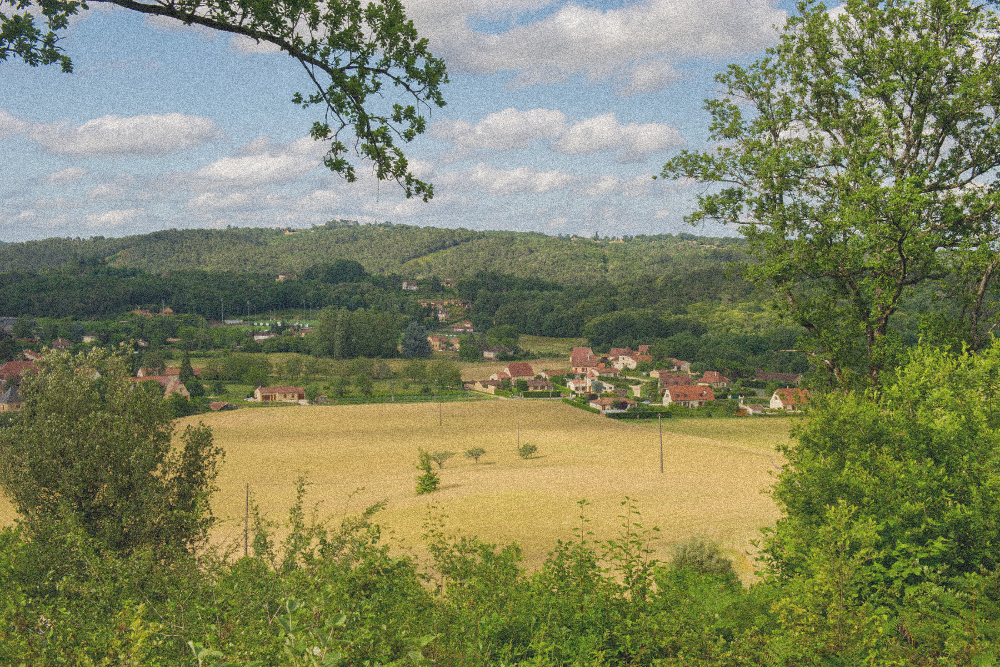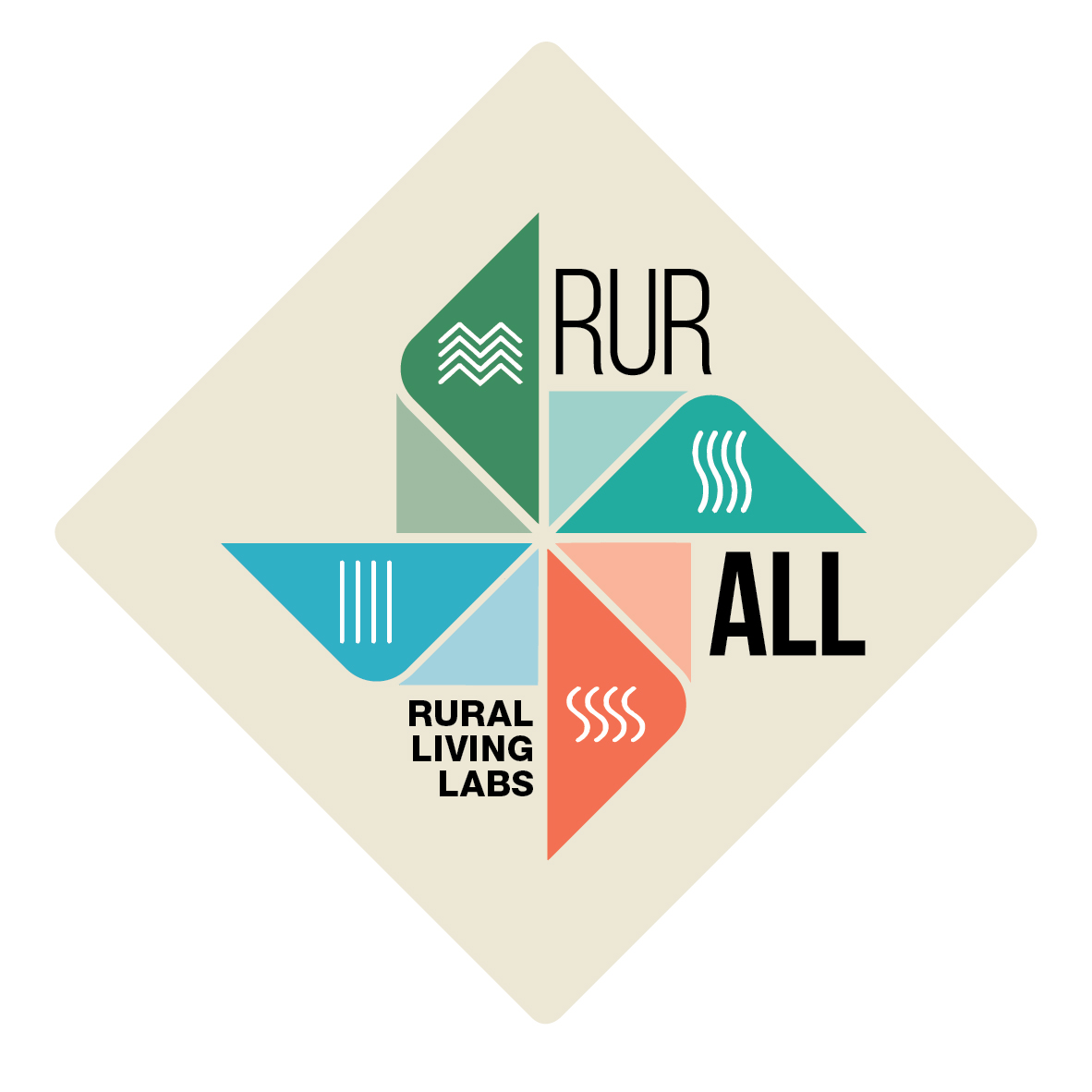

RURALL
Strengthening rural civic engagement in response to climate challenges.

Project period: June 2024 – May 2026
Coordinator: KÉK (Hungary)
Partners of the project: WWF (Portugal), Raiz Minhota (Portugal), Université du Pays Basque (Spain), ADEL (Slovakia), Pistes-Solidaires (France)
Website: rurallproject.eu

The context:
Rural areas play a key role in Europe’s economic, environmental, and social balance. Yet, these territories often face major challenges: depopulation, limited access to public services, political isolation, and low representation in decision-making. In light of the climate emergency and the need for a just ecological transition, it is crucial that rural citizens are fully engaged in shaping public policy.
The RurALL project addresses this by aiming to strengthen rural civic participation, especially in climate-related decisions. By creating spaces for dialogue, reflection, and collective action, RurALL seeks to equip local residents to become drivers of change. It aims to bridge the gap between urban and rural areas in terms of active citizenship, while promoting local knowledge, sustainable practices, and social innovation for the common good.
This project also contributes to combating disinformation and social exclusion by improving access to reliable information, ensuring transparency in policymaking, and encouraging direct citizen involvement in public consultation processes. Through a participatory and inclusive approach, RurALL aspires to build a more resilient, connected, and heard rural Europe.
The objectives:
– Raise awareness among rural citizens, especially young people, about climate and environmental challenges.
– Encourage their engagement in local and European decision-making processes.
– Set up active citizenship labs to test and experiment with participatory solutions.
– Strengthen the capacities of rural communities to take action in the face of environmental challenges.
The results:
– Organise workshops and training sessions for citizens and local stakeholders.
– Develop policy recommendations based on local experiences.
– Strengthen collaboration networks between rural communities and policymakers.


